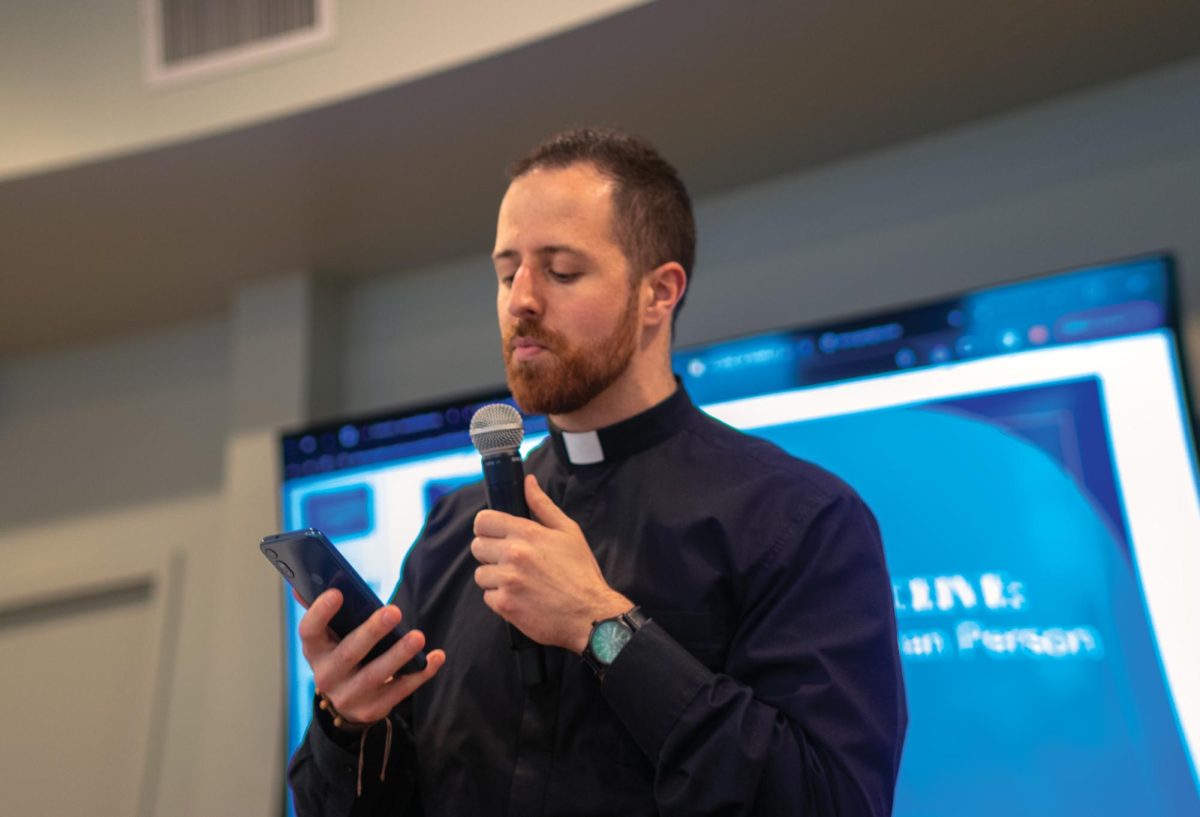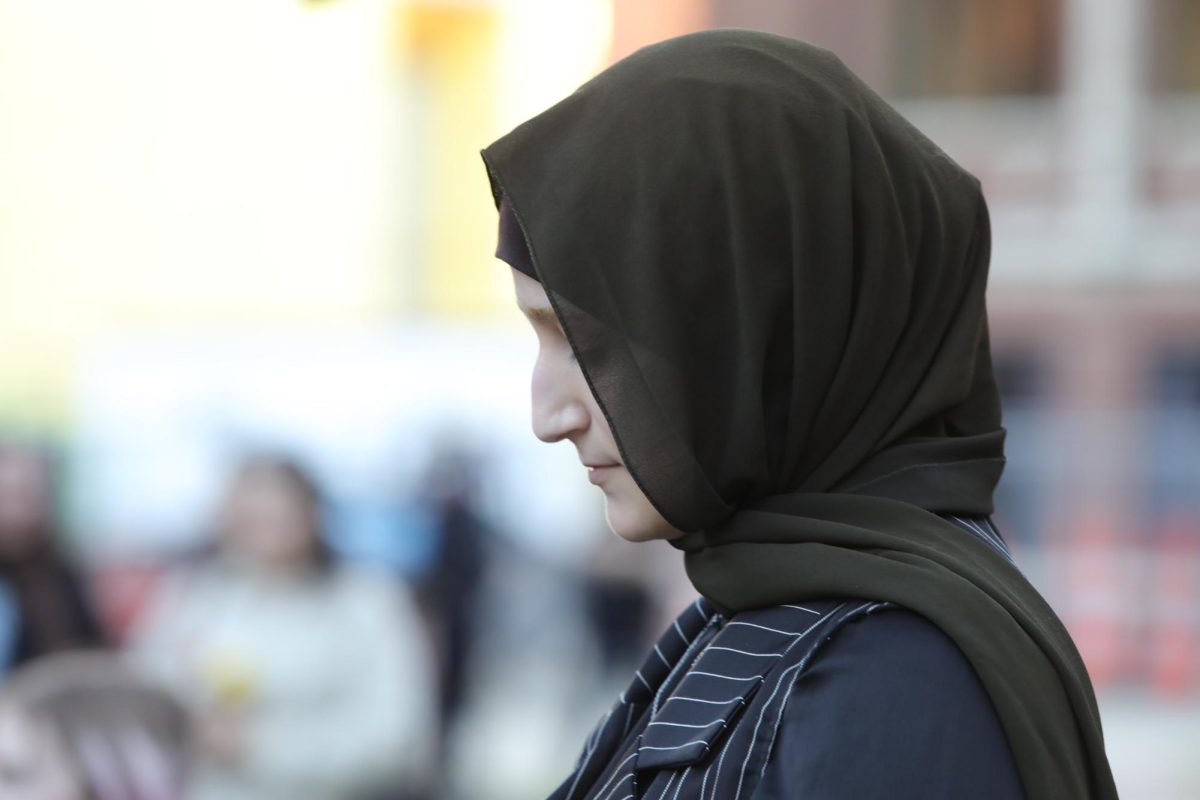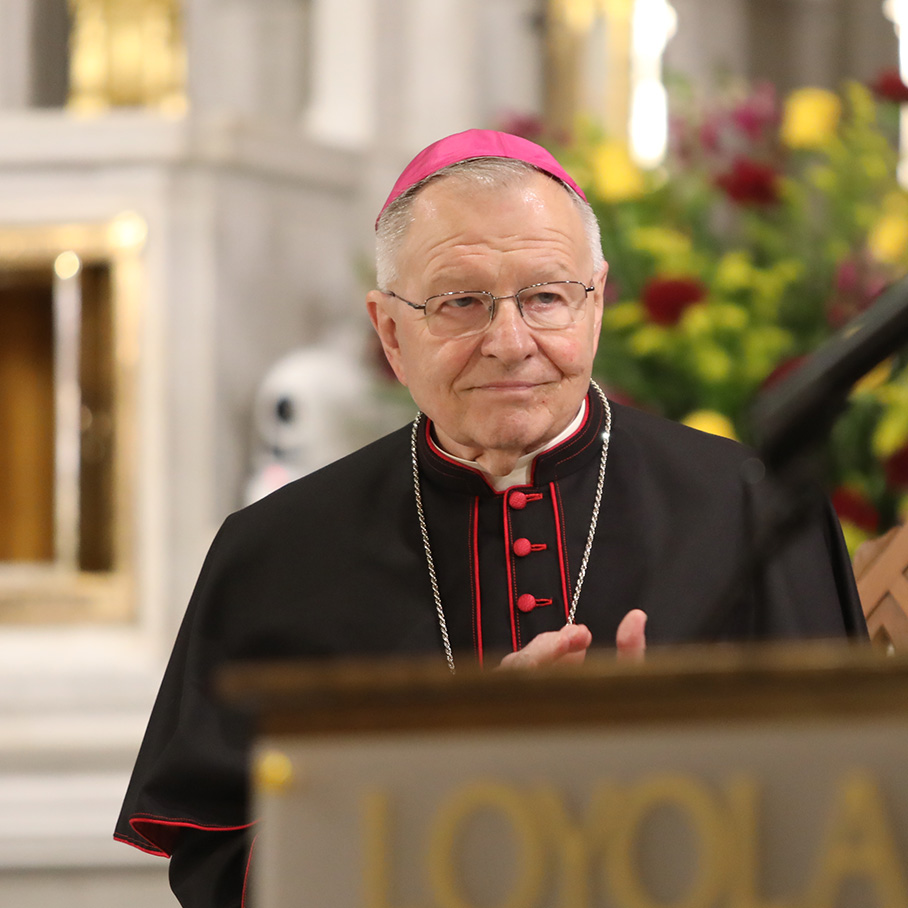ROME (AP) — Crucifixes in public school classrooms do not violate a student’s freedom of conscience, a European high court ruled Friday in a verdict welcomed by the Vatican in its campaign to remind the continent of its Christian roots.
The case was brought by a Finnish-born woman living in Italy who objected to the crucifixes in her children’s classrooms, arguing they violated the secular principles public schools are supposed to uphold. The debate divided Europe’s traditional Catholic and Orthodox countries and their more secular neighbors that observe a strict separation between church and state.
Initially, the Strasbourg, France-based European Court of Human Rights sided with the mother. Italy appealed, supported by more than a dozen countries, including the late Pope John Paul II’s predominantly Catholic Poland, and won.
Friday’s reversal has implications in 47 countries, opening the way for Europeans who want religious symbols in classrooms to petition their governments to allow them.
Several Loyola students expressed agreement with the court’s decision.
“I grew up with crucifixes in my classrooms. They have never struck me as an instrument of oppression,” said Edward Seyler, music industry senior.
“The only problem I would have is if they started preaching,” said David Holmes, economics senior.
The ruling came as Vatican officials announced the Holy See is reaching out to atheists with a series of encounters and debates aimed at fostering intellectual dialogue and introducing nonbelievers to God. The first one begins next week in Paris.
Garrett Fontenot contributed to this article.
He can be reached at







